In all localities where FPT University has campuses — Hanoi, Da Nang, Quy Nhon, Ho Chi Minh City, and Can Tho — the university has worked closely with local governments from the very beginning, during the site selection, planning, and campus design stages.
This cooperation includes:
- Complying with local sustainable urban planning requirements, ensuring that campus development is harmoniously and seamlessly connected with surrounding communities;
- Designing each FPTU campus as a landmark of architecture and landscape that contributes to the city’s sustainable development vision;
- Incorporating modern and forward-looking elements aligned with the vision of smart city development in its design and construction;
- Creating equitable housing opportunities for faculty and staff, contributing to the local community’s social and economic well-being.
These efforts are guided by the FPTU SDG Policy on Sustainable Campus Development (Chapter VI- Article 29B- updated 2024) and align with SDG 11 – Sustainable Cities and Communities.
1. Collaboration on Local Urban Planning
FPT University’s campuses are located within officially designated innovation and science zones:
- Hanoi – Hoa Lac High-Tech Park
- Da Nang – FPT City Urban Technology Area
- Quy Nhon – An Phu Thinh Urban Zone
- Ho Chi Minh City – Saigon High-Tech Park
- Can Tho – Urban Education and Innovation Zone
At all five campuses, the university works directly with city governments and the management boards of these areas to:
- Participate in urban infrastructure planning consultations, including public transportation networks, green-space design, and connectivity between the campus and nearby communities;
- Provide data and technical expertise on smart infrastructure, digital governance, and green building practices;
- Ensure that the planning process includes community access routes, environmental safeguards, and the shared use of public spaces;
Create landscape and green design focal points that enhance the aesthetic and ecological value of each local area.
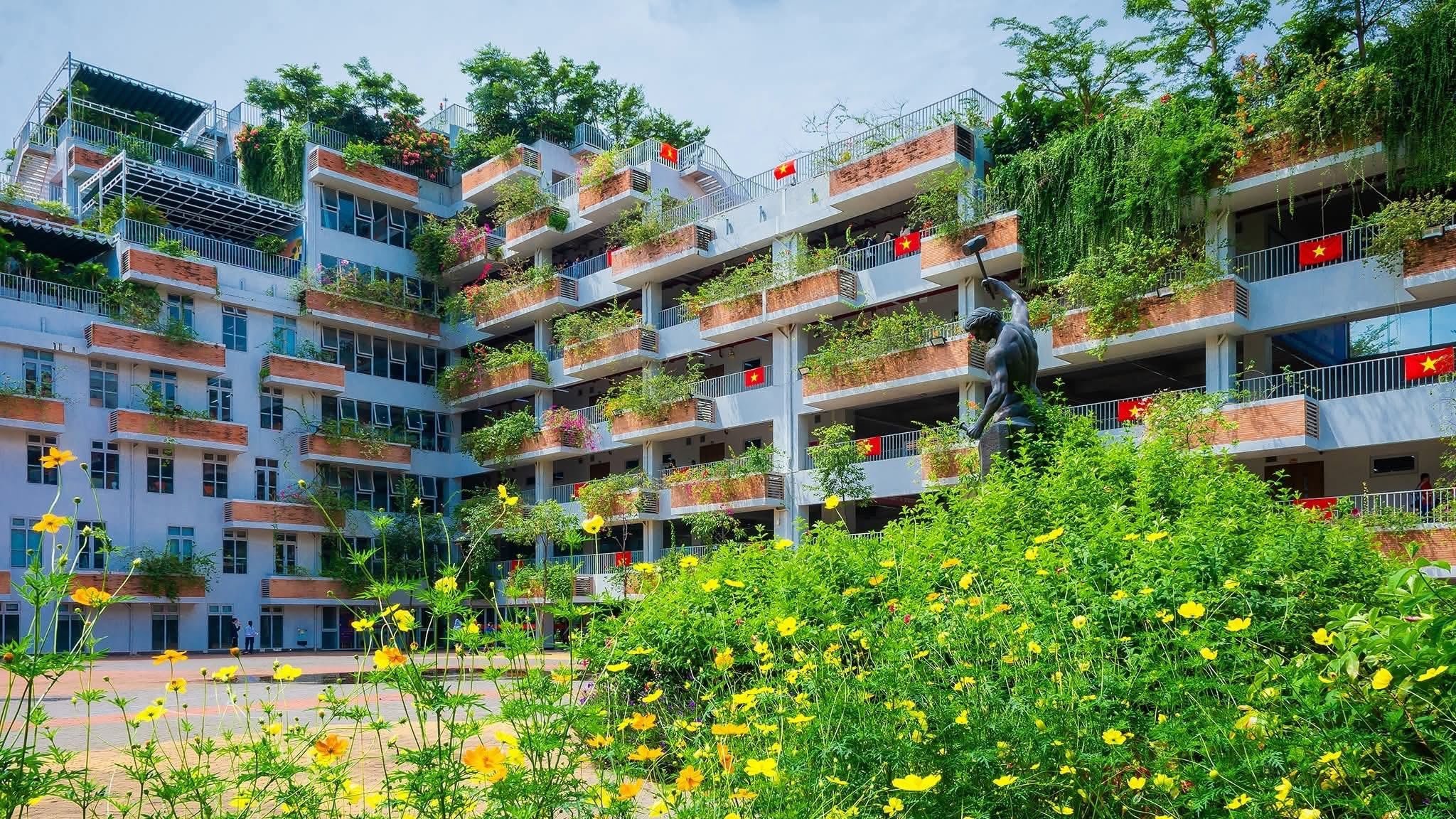
2. Support for Affordable and Accessible Housing for Staff and Students
In collaboration with local People’s Committees and industrial zone management boards, FPT University contributes to the design and construction of affordable housing complexes for students, faculty, and staff, integrated within local residential communities.
At the Hoa Lac, Da Nang, Quy Nhon, and Can Tho campuses, campus planning includes housing areas for both students and young faculty relocating from other provinces, with rental prices set 30–50% below the market rate.
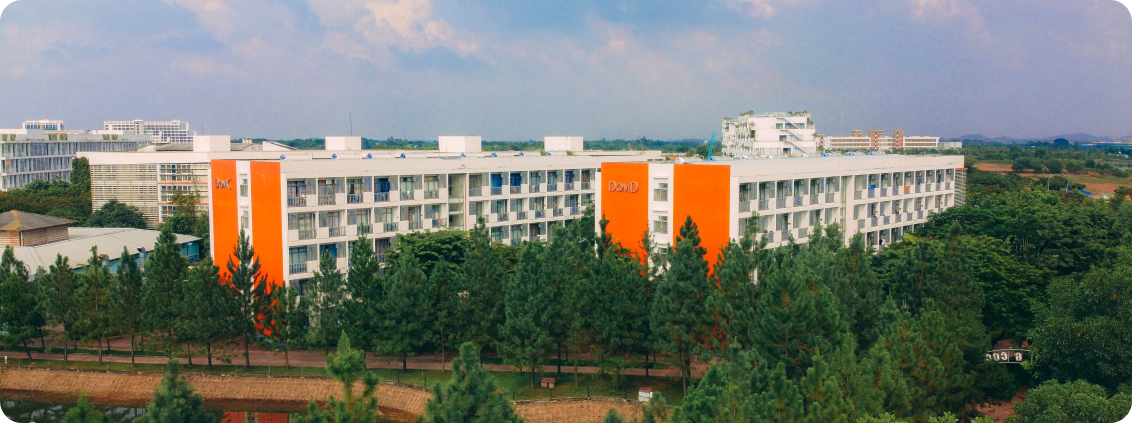
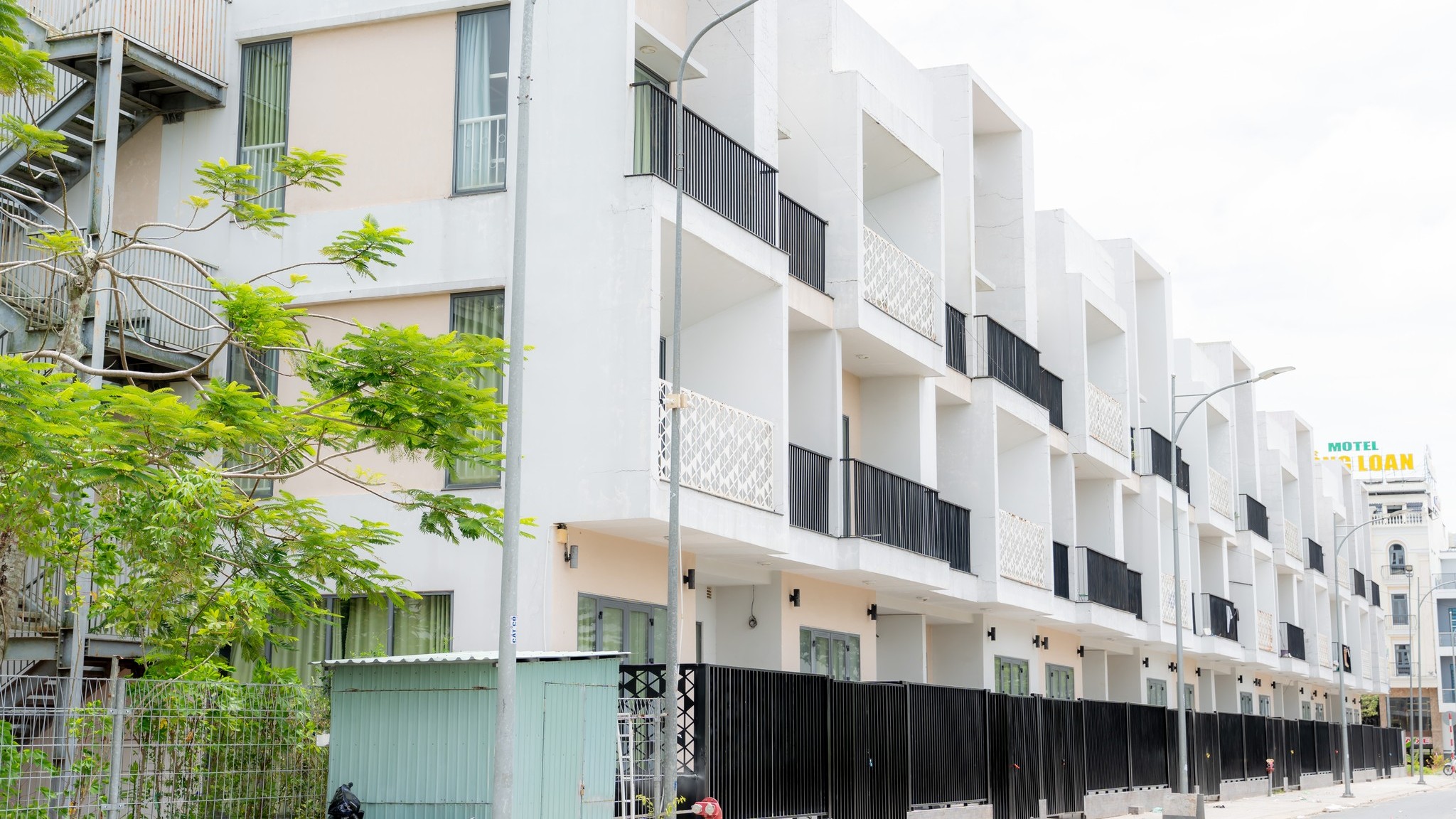
For early-career lecturers from outside the province, the university provides free on-site staff housing.
In FPT City Da Nang, since the beginning of construction, FPT has implemented the “An cư lạc nghiệp” (Settle Down to Prosper) affordable housing policy for employees and lecturers. 2024 marks the fifth year of this policy’s implementation.
After FPT Plaza 1 and Plaza 2, the new FPT Plaza 3 adds 250 affordable apartments offered at preferential prices for staff and faculty members.
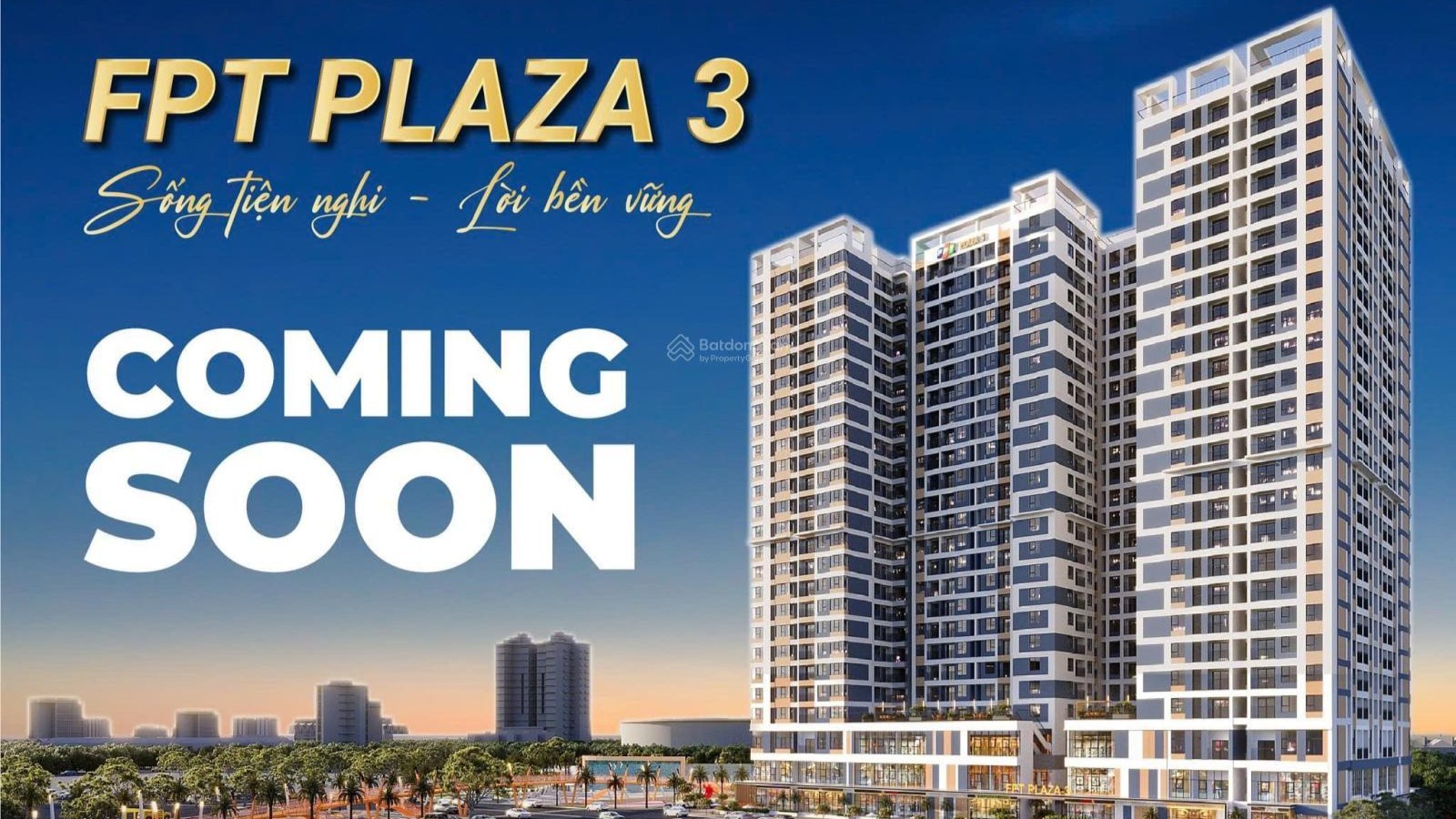
In An Phu Thinh Urban Zone, Quy Nhon City, where FPT University Quy Nhon is located, the city and university agreed during the initial planning phase to allocate land for affordable housing for university faculty and staff, alongside commercial buildings.
Many faculty families now live in apartments located next to the campus, purchased at 25–30% below market rates, allowing them to settle and build stable lives.
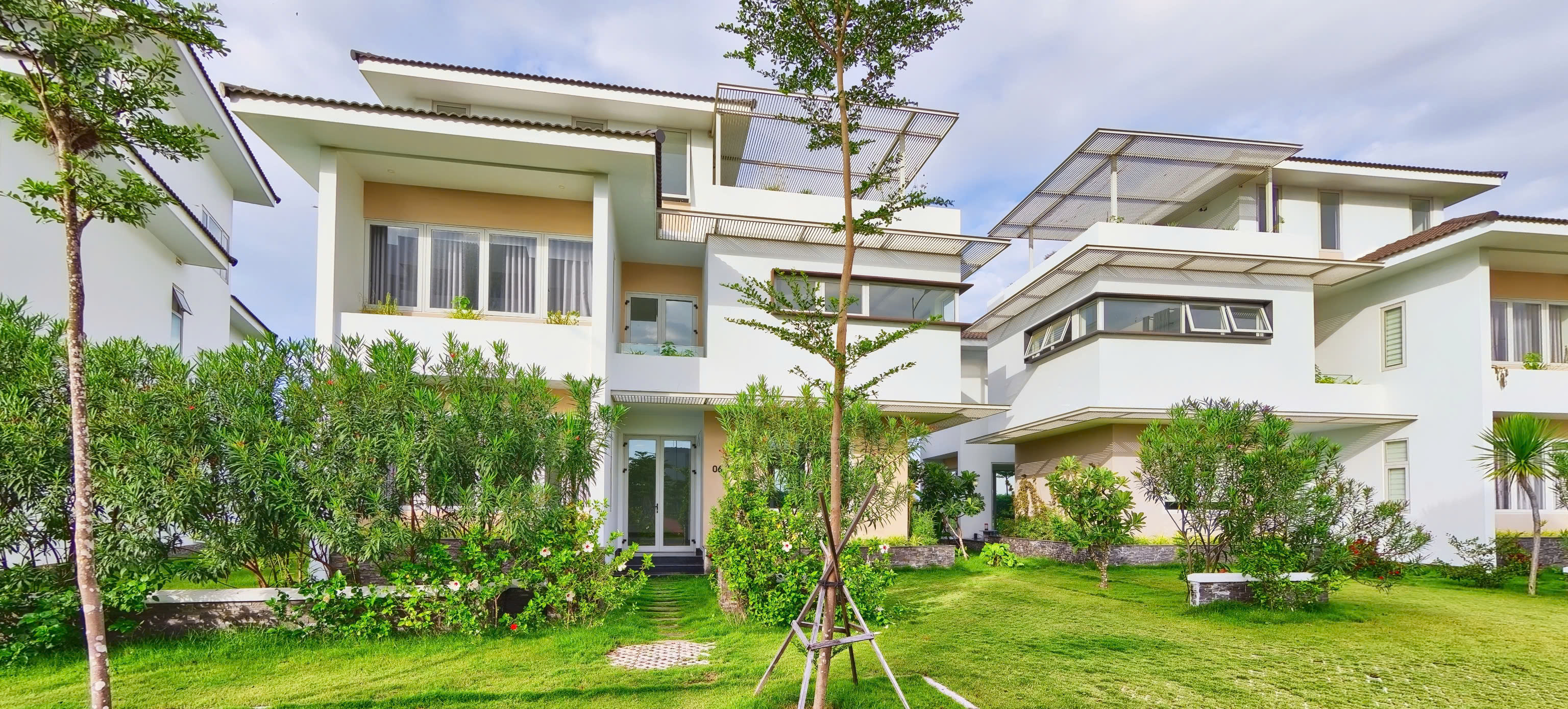
The FPT Education Group’s Development Policy ensures that all university housing initiatives follow the principles of social inclusion and local integration.
Both FPT Corporation and FPT University also provide financial support and resources to local authorities to strengthen community infrastructure.
3. Technical and Academic Contributions for Local Urban
Beyond financial contributions, FPT University supports local authorities with technological and research solutions, including:
- Digital tools for urban traffic management and elevated metro operations.
- Smart city and digital governance systems to assist two-tier local administration in management and planning.
4. Community Participation to FPTU campus
Local residents are invited to use and benefit from FPT University’s facilities and community programs, such as:
- Public events and outreach programs,
- Sports and recreation facilities,
- Open-access libraries and museums,
Artistic, academic, and cultural events, and other shared benefits from the university’s development.
These collaborations have resulted in:
- Shared community amenities that serve students, staff, faculty, and local residents alike;
- Stronger partnerships between cities and the university, enhancing local capacity for sustainable and green urban governance;
- Direct contributions to achieving the Sustainable Development Goals, particularly SDG 11 – Sustainable Cities and Communities

